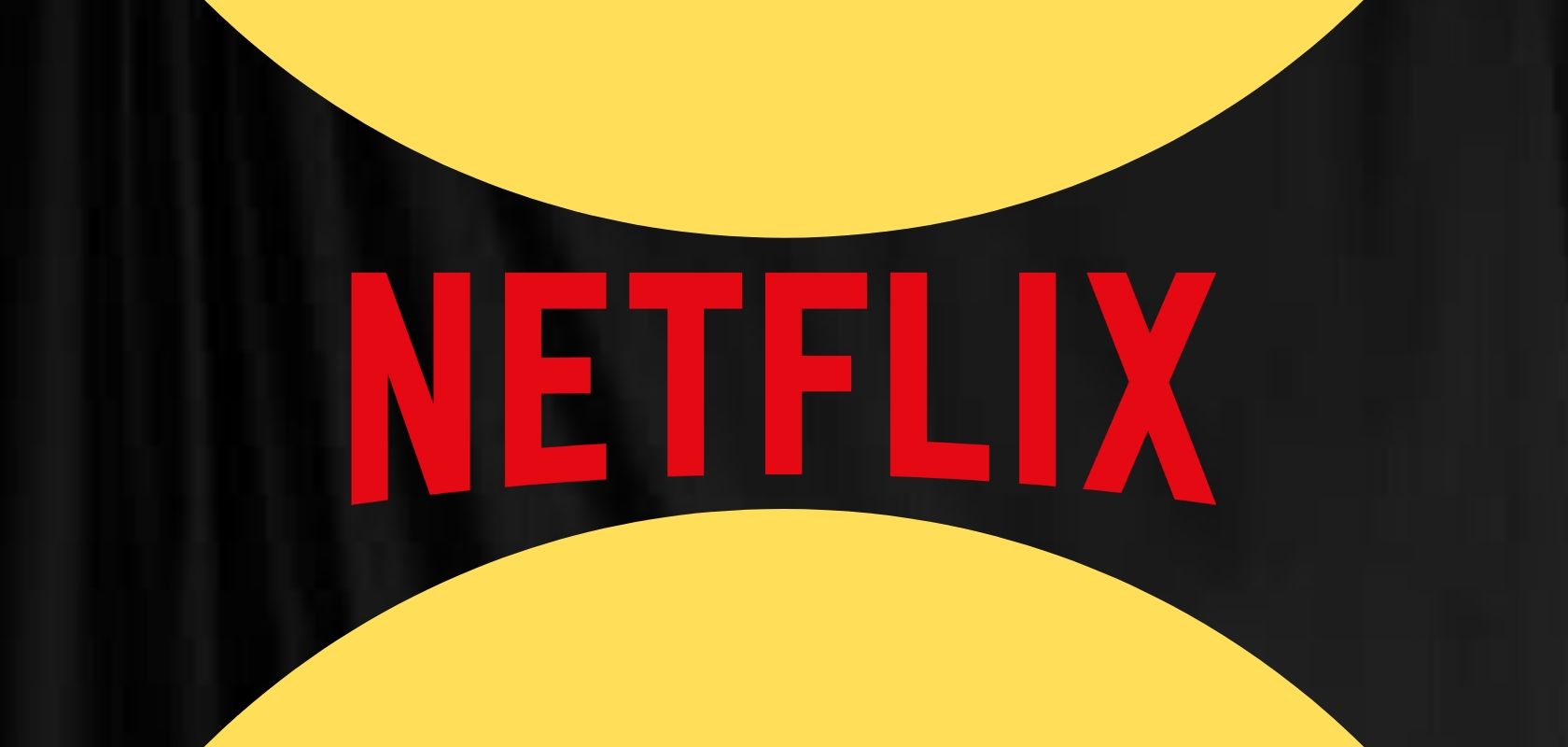We know Netflix to have some rather strong opinions on politics, information, and similar issues. The giant recently produced “The Great Hack,” a documentary dedicated to suggesting that Facebook working with Cambridge Analytica helped Donald Trump get elected.
And before that, Netflix and a host of other industry heavyweights threatened to “rethink” making shows in the US state of Georgia if it passed anti-abortion legislation.
But, as CEO Reed Hastings explained on Tuesday, taking part in the New York Times Dealbook event – Netflix “picks its battles.” And standing up for comedian Hasan Minhaj and his Netflix series critical of Saudi Arabia was evidently not one of those battles.
Hastings was asked to comment on the controversial decision to remove an episode of Patriot Act in order to comply with Saudi censorship, and managed to somehow classifying the show as “news” – before clarifying that Netflix isn’t “in the news business.”
“We’re not trying to do truth to power. We’re trying to entertain,” he said.
But this explanation didn’t satisfy everybody – notably, US senator and candidate for president Bernie Sanders expressed his disappointment on Twitter without mincing his words:
Click here to display content from X.
Learn more in X’s privacy policy.
“An authoritarian dictator who murders journalists, tortures women activists and starves thousands of children should not control what Americans can and cannot say.”
Netflix CEO’s attempt to spin the case as a matter of news vs. entertainment has to do with the subject Minhaj addressed in the banned episode – namely, the murder of Washington Post contributor Jamal Khashoggi. The comedian in this context criticized Saudi Crown Prince Mohammed bin Salman, saying that the controversy exposed him as “not really a reformer.”
Other comments made during the episode include calling the country “crazy” because “one giant family controls everything.”
Saudi Arabia denies involvement in the murder – but the US Senate has said it believes the crown prince is responsible for the grisly killing.
But when push came to shove, Netflix chose to pull the episode in the kingdom, saying at the time it was not censoring content, but rather complying with “a valid legal demand from the government.” At the same time, the company asserted that it was nonetheless supporting “artistic freedom worldwide.”
Minhaj himself didn’t seem overly concerned, putting his faith in censorship as a good way to promote content as it actually ends up generating more interest – and on the internet the episode can still be found despite the fact Netflix had removed it for its users in Saudi Arabia.













